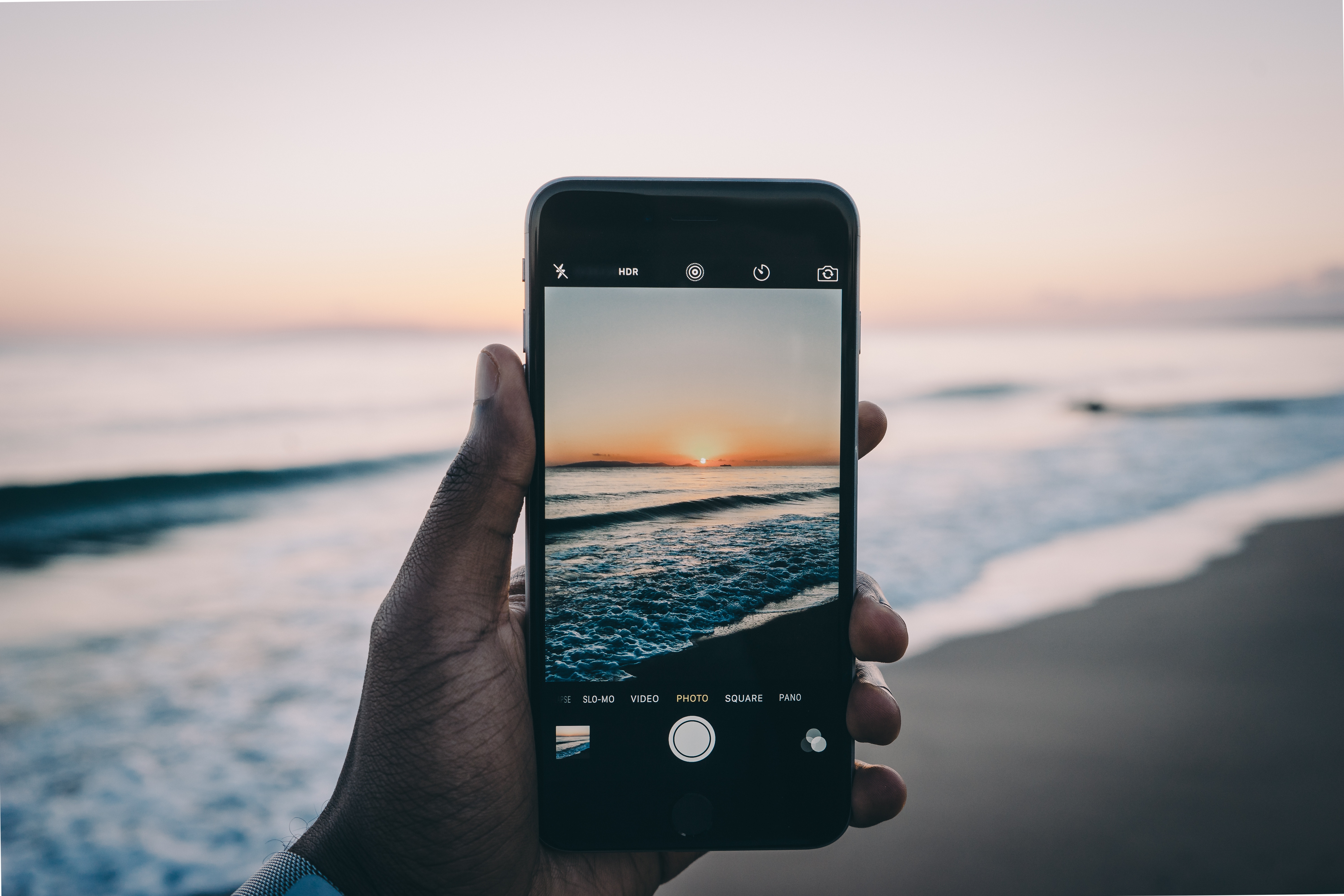Work and social media pressures affecting family travellers: study

Photo Courtesy: Chicagotribune
Vacations allow workers to escape the daily grind, unwind and spend much-needed time with families and friends. But with today’s tech-driven world contributing to an “always on” expectation to check emails, text messages and social media, US workers are finding it increasingly difficult to unplug and relax – even when vacationing with their families.
New research* from the fourth annual 2018 Alamo Rent A Car Family Vacation Survey shows significantly fewer workers prefer to completely unplug from work while on a family vacation. Roughly just one third (37 per cent) of Americans report unplugging from work completely while taking time off, a significant drop from 53 per cent in the 2017 Alamo Family Vacation Survey. More than half (59 percent) say they put pressure on themselves to work during family vacations, with 57 per cent saying they do so to avoid coming back to a mountain of work.

But work isn’t the only vacation distraction – social media is also to blame. Over a third (37 per cent) of social media users admit they use social media while on family vacations the same or more than usual, and 16 per cent even admit they could never unplug from social media during a family vacation. The need to constantly check posts, texts and newsfeeds has its consequences: nearly one in four people (23 per cent) say that they’ve seen social media ruin a family vacation. Overall, more than two out of five people (43 per cent) say they wish they could take a vacation from social media.
Millennials feel impact the most
This social media distraction takes its biggest toll on millennials. While 36 percent of millennials have seen social media ruin a family vacation, 22 per cent say they could never unplug from social media while on vacation. In fact, 33 per cent of millennials feel pressured to post photos on social media to show they’re having a good time, with 26 percent even confessing they grow concerned when their social media followers don’t like or comment on their family vacation posts. In light of its impact on vacationing millennials, it is perhaps not surprising that 53 per cent actually wish they could take a vacation from social media.
The research also indicates that social media has an impact on where people go and what they do on vacation. For approximately two in five US families (39 per cent), photos they’ve seen on social media have influenced their vacation plans. This number skyrockets for millennials, with two-thirds (60 per cent) admitting that they’ve decided where to go or what to do on vacation based on social media posts. But others’ photos are only one way people choose their destination – over one third of millennials (34 per cent) and 19 per cent of men say they’ve decided where to go or what to do on vacation based on how good their photos would look on social media.

The survey also revealed that many travelers feel pressure to post updates to social media while on vacation. Of US families, 20 per cent say they sometimes feel pressured to post photos of their vacation on social media to show they’re having a good time, and more than a fourth (27 per cent) admit they post their vacation photos on social media simply to show off the places they visited and the things they saw or did. Parents are more likely (25 per cent) to admit they’ve felt pressured to post, in addition to men (23 per cent).
“Our research shows that the majority of U.S. families believe the biggest benefit of taking a family vacation is spending time together,” said Rob Connors, vice president of brand marketing for Alamo Rent A Car. “But many people aren’t taking full advantage of their relaxation and quality time together on vacation because they’re distracted by work and, more recently, by social media.”
The inability to unplug on vacation can also lead workers to take fewer vacations, overall. According to research from Project: Time Off, a national initiative that researches Americans’ vacation habits, nearly eight in ten (78 per cent) Americans say they are more comfortable taking vacation if they know they can access work. Unfortunately, the more they access work, the less vacation they take: 62 per cent of employees who check in frequently while on vacation leave time off unused, compared to those who check in occasionally (57 per cent) or unplug (52 per cent). “Vacation can provide the quantity of time that quality relationships require,” said Katie Denis, vice president of Project: Time Off. “But if you are vacationing with your job, you’re missing out on the benefits that travel provides.”

“At Alamo, we’re committed to helping families plan and enjoy their vacations by providing both a great car rental experience as well as helpful tips and advice through our website’s Scenic Route travel hub,” Connors added. “Ultimately, we hope to inspire families to really take the time to unplug and focus on what matters most – one another.”
The 2018 Alamo Family Vacation Survey was conducted from January 2-4, 2018, with 1,501 adults from the 50 states and the District of Columbia.



